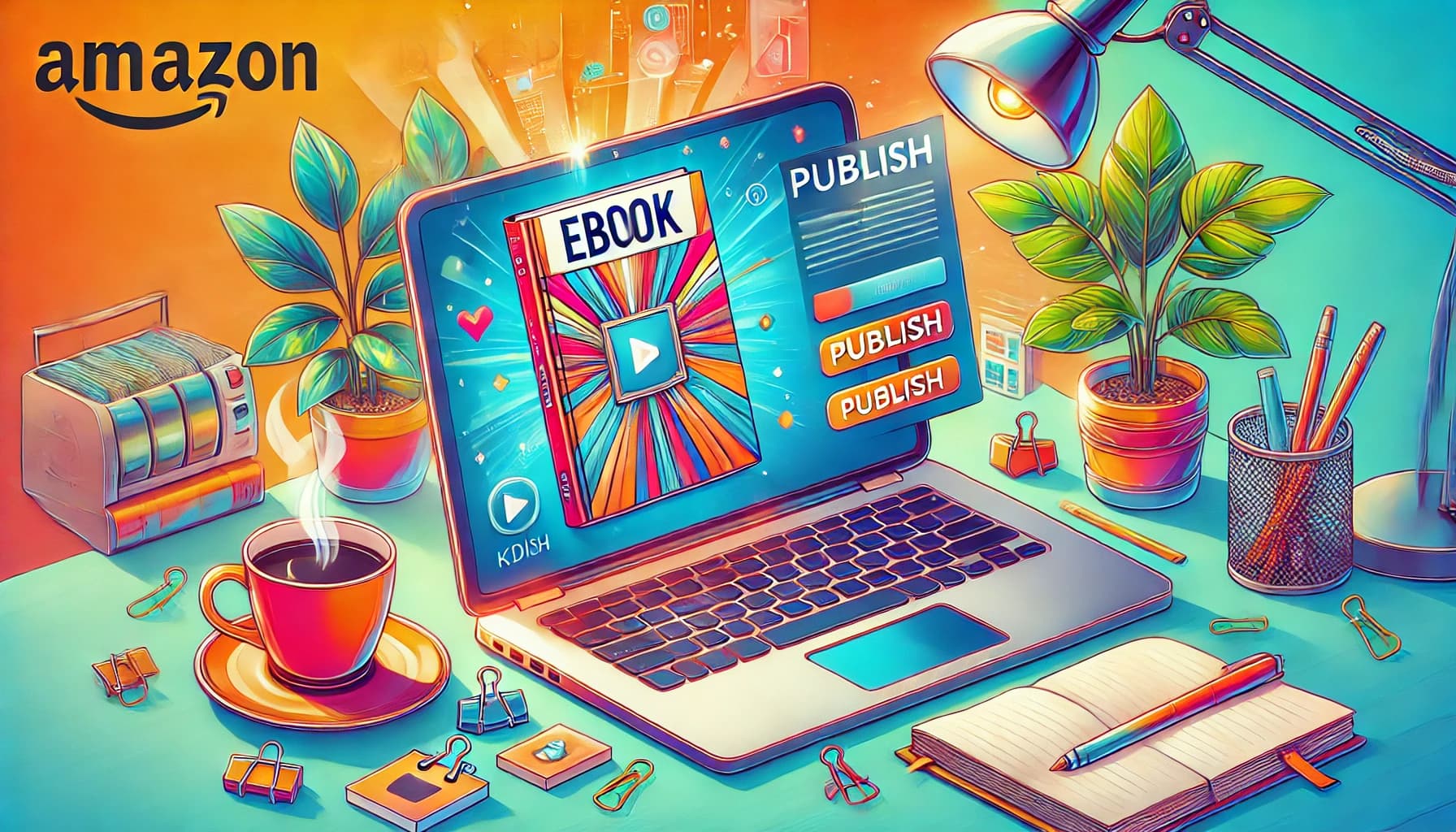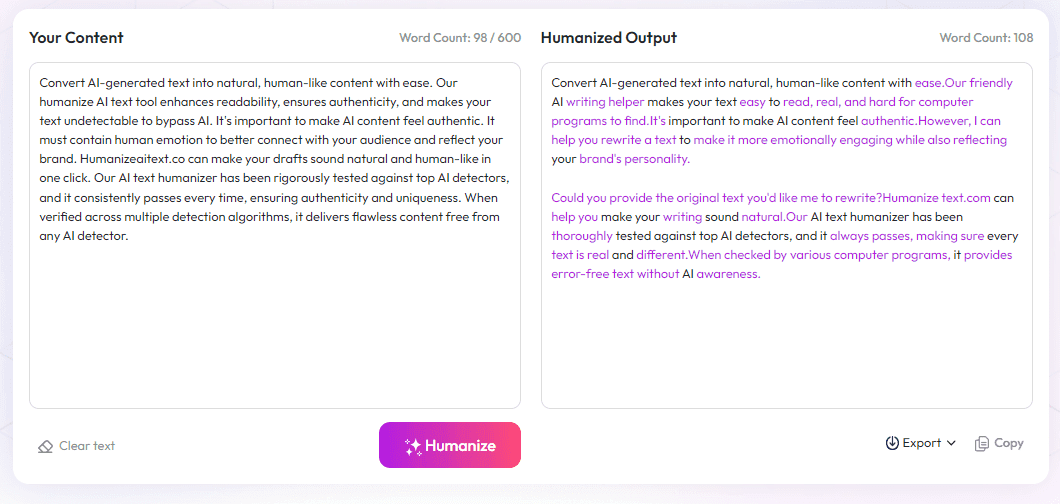Table of Contents
I get it—getting paid fairly and on time for your work can feel like a constant battle. Traditional royalty systems sometimes leave authors waiting forever or losing track of their earnings, which isn't fun. But don’t worry—you might find that blockchain technology offers a way to change that, making payments more transparent and quicker. Keep reading, and I’ll show you how blockchain is reshaping author earnings so you get the cash you deserve, when you deserve it.
In the following, I’ll walk you through why the old methods fall short, how blockchain can make everything clearer, and even how smart contracts can do some of the work for you. By the end, you’ll see practical tips for starting to use this tech today—and what the future might hold for more fair author payments.
Key Takeaways
Key Takeaways
- Blockchain royalties make payments faster, clearer, and fairer by recording every sale publicly and permanently.
- Smart contracts trigger automatic payments immediately after a sale, stopping delays common in traditional systems.
- This technology helps authors see exactly how much they earn and when, reducing disputes and errors.
- Authors retain control of their rights and earnings, licensing or selling their work directly without middlemen.
- Global sales and licensing are simplified, ensuring fair pay across different regions and currencies.
- The rising number of blockchain startups provides more tools for authors to manage royalties easily and transparently.

Blockchain royalties are transforming how authors are paid by enabling a system that is faster, more transparent, and fairer than traditional methods. Unlike conventional royalty payments, which often involve delays, opaque tracking, and middlemen, blockchain technology records every transaction publicly and immutably, ensuring that authors get paid exactly what they are owed and when.
At its core, blockchain uses a decentralized ledger where each sale or licensing of a work is recorded in real time. Smart contracts—self-executing agreements coded onto the blockchain—automatically release payments to authors as soon as revenue is generated, removing the need for manual invoices and delayed transfers. This process minimizes disputes and administrative errors while providing authors with instant visibility into their earnings.
For example, traditional publishing royalties usually give authors around 10-15%, often paid quarterly or biannually, which can lead to frustration and cash flow issues. In contrast, blockchain-based platforms can facilitate micropayments for small segments or individual chapters, opening up new revenue streams. This is particularly helpful for creators of digital content like pulp fiction, short stories, or serializations, where smaller transactions historically faced high fees and complexity.
Another advantage is that blockchain allows authors to retain full control over their works. Unlike platforms like Amazon KDP, which take a significant cut and restrict rights, blockchain platforms enable authors to directly manage their rights and earnings. They can choose to sell, license, or transfer their work on a peer-to-peer basis, with transparent records confirming ownership and licensing terms at all times.
Some platforms already leading the charge include (https://automateed.com/winter-writing-prompts/), which offers transparent royalty distributions, and (https://automateed.com/how-to-publish-a-graphic-novel/), a decentralized platform that empowers authors to bypass traditional publishers altogether. These spaces use blockchain to create a fairer marketplace where authors receive their earnings promptly and retain their rights without interference.
In addition, blockchain’s ability to verify sales across multiple regions addresses the common problem of cross-border royalties and complex licensing agreements. This transparency reduces administrative burdens and fraud, ensuring authors receive the right amount regardless of where their work is sold. Plus, with the surge of blockchain startups—raising around USD 3.8 billion in early 2025—there’s a growing ecosystem supporting these innovations and making straightforward royalties a more accessible reality for creators everywhere.

8. How Blockchain Royalties Improve Transparency and Reduce Disputes
One of the main ways blockchain makes royalties clearer is by providing a public, unchangeable record of each sale and licensing event.
This transparency helps prevent issues like double payments or missed royalties, which are common in traditional systems.
Authors can see exactly when and how much they’re paid, eliminating guesswork and reducing disagreements over earnings.
Building trust with publishers and licensing partners becomes easier because everyone can verify transactions independently.
Tools like real-time dashboards linked directly to blockchain data make tracking royalties straightforward even for those new to digital payments.
9. How Blockchain Makes Royalties Instant and Automates Payments
Smart contracts are the backbone of instant payments on blockchain platforms, acting as programmed rules that trigger transactions automatically.
Once a sale is confirmed, these contracts release payments without waiting for manual processing—sometimes within seconds.
This reduces the delays common in traditional publishing, where authors might wait months for quarterly or biannual settlements.
For digital creators, especially those selling small chunks of content, micropayments become feasible, opening up new earning avenues.
Examples of platforms that use this feature include (https://automateed.com/how-to-publish-a-graphic-novel/) and (https://automateed.com/winter-writing-prompts/).
10. How Blockchain Empowers Authors to Control Their Rights and Earnings
Unlike traditional publishers, blockchain allows authors to manage their rights directly by having a transparent record of licensing agreements.
This means creators can decide when and to whom they sell or license their work, without middlemen taking a cut or imposing restrictions.
Retaining control over distribution rights also helps authors experiment with different monetization strategies, like licensing portions of their work or offering exclusive access.
Platforms that support this include decentralized marketplaces and self-managed royalty systems, which put authors in the driver’s seat.
It’s particularly useful for niche markets or creators looking to maximize earnings from digital licensing and customized sales.
11. How Blockchain Can Help with Cross-Border Royalty Payments and Licensing
Traditional royalty systems often get tangled up with licensing contracts that involve multiple regions and currencies.
Blockchain simplifies this by providing a single source of truth, where sales from different countries are recorded uniformly.
This reduces administrative overhead, decreases the chance of errors, and ensures fair compensation no matter where the work is sold.
By automating royalty distribution according to geographically diverse licensing agreements, blockchain helps authors get paid promptly around the globe.
Learning about tools like (https://automateed.com/how-does-amazon-kdp-pay-you/) can help understand how cross-border royalties are handled and how blockchain improves this process.
12. The Growing Ecosystem Supporting Blockchain Royalties and What It Means for Authors
Since early 2025, blockchain startups have raised over USD 3.8 billion, signaling serious interest from investors and developers in the space.
This influx of capital fosters innovation and widens the availability of tools for authors to manage royalties, rights, and licensing effectively.
More platforms are emerging that combine ease of use with transparency, opening up options for creators who want to bypass traditional publishers.
Authors can expect better integrations, lower costs, and more control over their content as this ecosystem advances.
For those interested, platforms like (https://automateed.com/how-to-get-a-book-published-without-an-agent/) are increasingly offering blockchain-enabled solutions.
FAQs
Traditional royalty payments can be delayed, unclear, or disputed due to manual processes and lack of transparency, which often leads to authors not receiving their earnings promptly or fairly.
Blockchain offers a transparent and secure way to track and verify sales, ensuring authors are paid accurately and quickly without relying on intermediaries or manual accounting processes.
Smart contracts are self-executing agreements that automatically trigger royalty payments based on predefined conditions, reducing delays and ensuring authors are paid instantly after sales occur.
Authors can join platforms that utilize blockchain for royalties, submit their works through these services, and set up digital wallets to receive automatic payments directly from sales.



